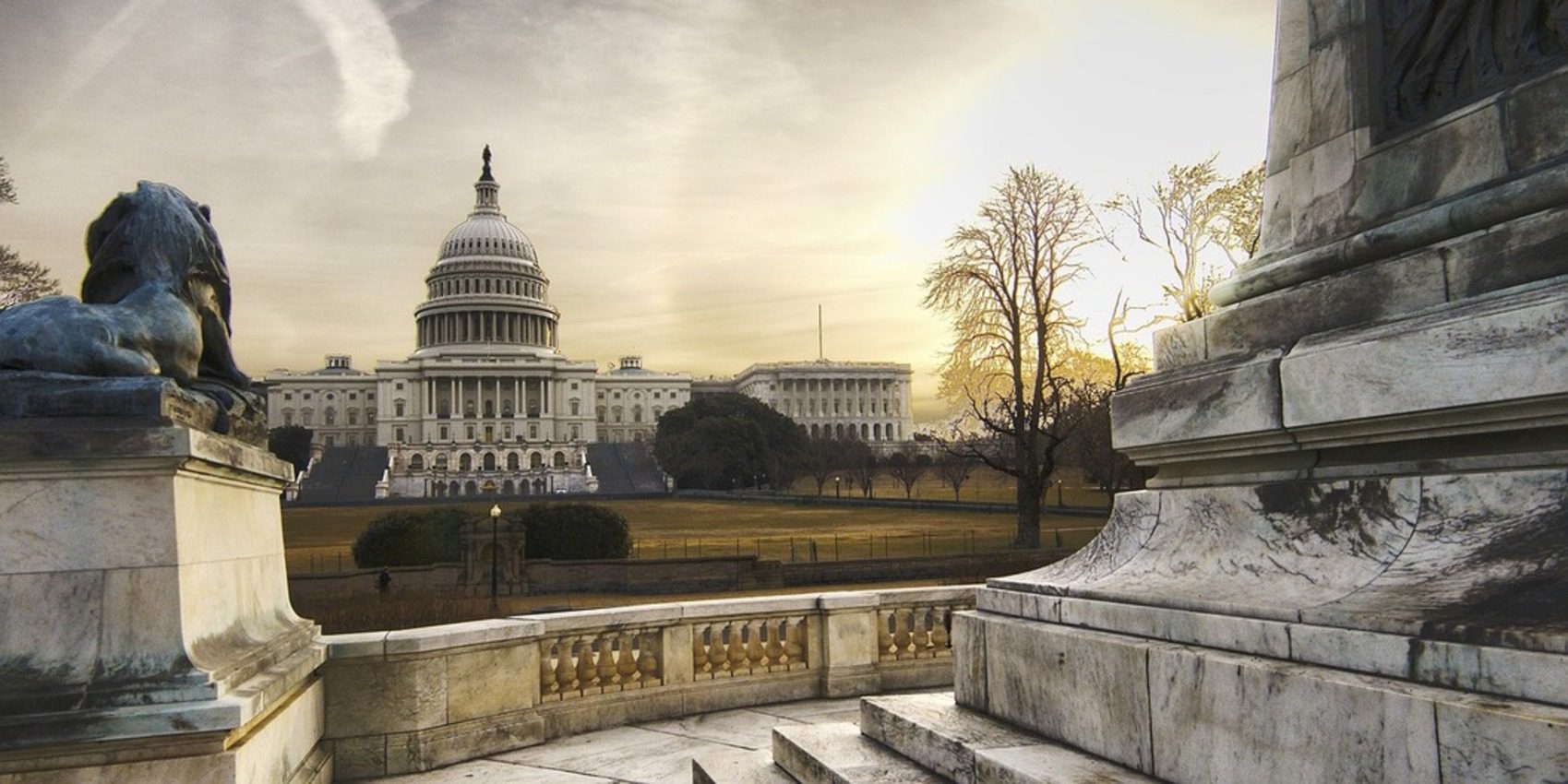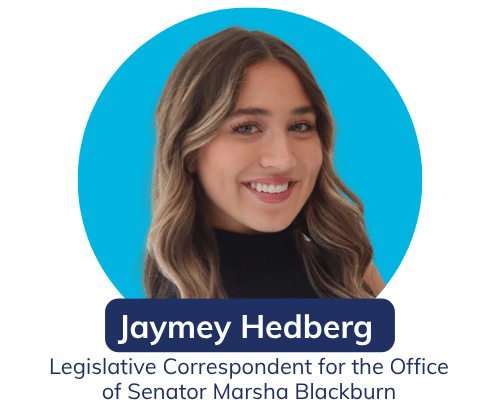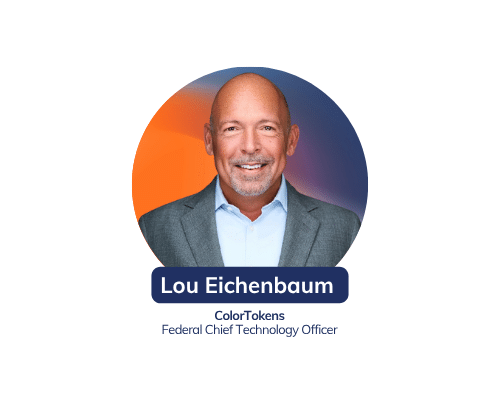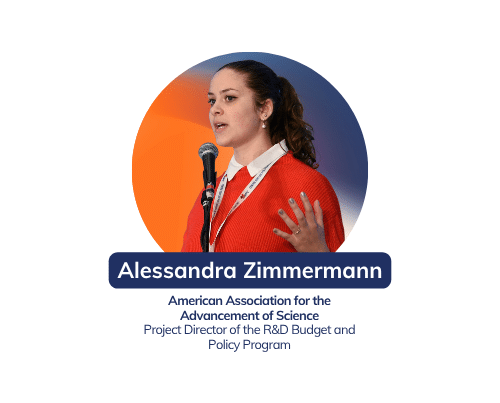A Journey of Tenacity and Transformation in the Fast-Paced Realm of Public Service
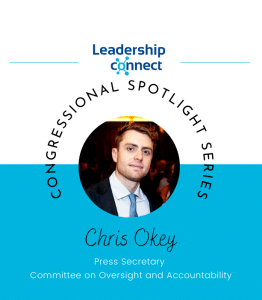
Can you outline your career journey and the key steps that led you to your current role as Press Secretary on a committee?
I was working in finance back in my home state of California after college and knew two truths: I didn’t love what I was doing, and I wanted to pursue a job in media affairs. I called a friend who worked on Capitol Hill and was lamenting my current situation when he suggested I visit him in DC. The second I arrived in our nation’s capital, something deep within me, almost genetic, told me that this is where I was meant to be. Three weeks later, I quit my job and drove alone across the country to move into the same friend’s spare room.
Lost in the thrill of my coast-to-coast adventure was the sobering reality that I was in an unfamiliar city, I could count the people I knew on one hand, and I urgently needed a job. What followed was multiple months of relentless networking, inevitable rejection, and passing my resume to anyone who would accept it.
After some time pounding the proverbial pavement, I had earned some solid employment options. Two opportunities to work full-time in personal offices and an internship offer at the House Oversight Committee. I was 26 years old and a card-carrying member of the corporate work force, so the internship offer seemed less enticing. Thankfully, someone who had spent years on the Hill pulled me aside and in no uncertain terms told me, “Get on Committee, end of story.” It was the best decision I have made in my career thus far.
I have been with the House Oversight Committee since and am blessed to work with and for extremely talented and kind-hearted people, many of whom I am lucky to call friends. They are consummate professionals and push me to be my best every day.
To anyone who is seeking to start the process of working on the Hill and might be reading this, as others in this series have highlighted, there’s no substitute for the work required. Learn from rejection, trust in your abilities, and don’t give up. If you exit your comfort zone and put yourself out there, good things will happen. You can’t surf waves from the beach, you have to paddle out.
Which policy areas or legislative issues are you most passionate about, and how do you stay informed and engaged in those topics?
I have always had a passion for areas related to national security and global conflicts due to its fast-paced nature and broad scope. I think it is fascinating in the era of global economies how truly interconnected the world has become. A conflict halfway around the globe can impact you close to home in ways you never realized.
Simultaneously, the rise of artificial intelligence intrigues me due to its practical application in seemingly every industry. The advances that we are going to see in medicine, agriculture, education, government, and enterprise to name a few are so vast that we cannot comprehend what these sectors are going to look like even in the near future.
A key aspect of both interests is the dynamic and rapid pace of nuanced information being disseminated. I try to get my news from a variety of sources to fill in a full picture and eliminate having a myopic view of current events.
What, in your view, sets Capitol Hill apart as a work environment, and how do you handle its unique communications challenges in your day-to-day role?
Working on Capitol Hill is an experience so unique that unless you do it firsthand, it’s almost unexplainable. No two days are the same and just when you think you’ve seen it all, you are brutally reminded that you never will.
From a communications perspective, it is a high-stakes, high-octane environment. Situations change in an instant, information travels with a vapor trail, and any product you disseminate is viewed by millions. Everyone remembers sending their first press release and the paralyzing fear of hitting the send button, knowing an error is going to be in viewed by the American public.
Iron sharpens iron here, and if you are able to stay calm amidst the chaos and keep an attention to detail, you will have a successful career on or off the hill.
Can you share a challenging or rewarding communications project that played a significant role in your professional development? How did you overcome the challenge, and what key lessons did you take away from the experience?
Early on in my role, I was asked to create digital media products at the Committee for a litany of upcoming projects. I had zero experience in the digital space and was apprehensive at the prospect. While I lacked experience, I did have an education at the University of “Figure it Out”.
I spent hours outside of work watching YouTube videos, reading forums, and playing around with creative software until I was able to confidently and comfortably create multimedia products and further Committee objectives in this space. I think at times, people have a negative internal dialogue of “well I don’t know how, so I can’t”, “I wasn’t trained for this”, or “this isn’t part of my role”. These thoughts serve no purpose other than limiting you from your full potential. It’s no one’s job to make you better.
Gaining new skillsets is always a net positive and allows you to form a fuller understanding and appreciation for the work that goes on at all levels. It also provides you the opportunity to jump in and assist with a variety of projects, which in my opinion is fun.
In your role as Press Secretary, effective leadership is essential for keeping the team aligned with messaging and communication goals. What strategies or techniques do you use to inspire and motivate your team, ensuring they remain focused on delivering the office’s objectives despite any obstacles?
One thing I notice on the Hill is the propensity for the communications team to be the last stop on the policy assembly line. While sometimes it’s unavoidable, I don’t like receiving information cold and unfamiliar to me. It is crucial to have clear dialogue between communications and policy to eliminate unforced errors. The left and right hand must talk.
I like to proactively go to the policy teams that I work with and understand from the ground up what they are working to achieve and why it’s important, something I learned from my boss who is truly a pro’s pro in communications.
The longer I can digest a topic or policy, the more time I have to think critically about the ways I can communicate it effectively and highlight its importance and impact to the American people. Unforeseen problems and obstacles are always going to arise and the ability to pivot and adapt strategies quickly will determine your level of success. Having a foundational understanding of the policy or topic you’re communicating allows you to change course much easier.
Our policy teams work incredibly hard, and I owe it to them to be just as engaged with the issues as they are.
Effective communication is key to success in your role. How do you encourage your team to improve their communication skills and professional development, and can you share an example where your guidance helped someone expand their skillset?
My parents educated me in the value of controlling what you can control. No matter what the environment you work in or the project of the day, the two variables you always have control over are your attitude and effort.
I always try to bring a positive mindset and ‘up for the challenge’ mentality working with my team as I’ve found throughout my career, it will rub off on others. I’m blessed to work with a team that tends to perform its best when the workload and circumstances are at its worst.
When you consistently have those tools in the belt, communicating effectively and improving professional development will naturally occur as you’re knocking out task after task and gaining more experience.
Word association, what is the first word that comes to mind for each of these?
Policy – Left-brain
Networking – Necessary
Writing Skills – Crucial
Working on the Hill – Special
Leadership Connect – Elite
To be featured or learn more, reach out to Gabi Thomas, and spread the word to any colleagues who would be interested.
Be sure to follow the LinkedIn profile for more news and to see who is featured each week!


